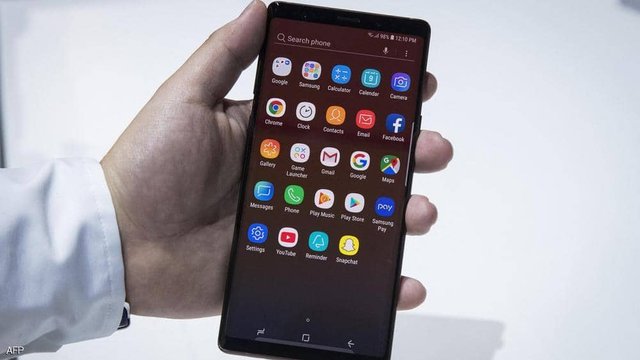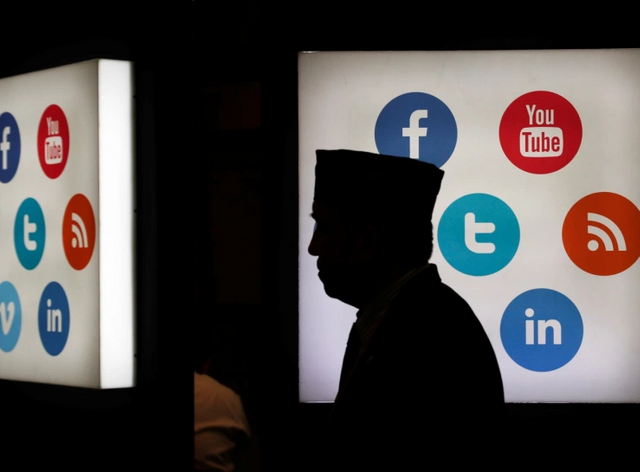types of personal information we provide to social media
How do users give their to these websites?
To find the answer, Stacker compiled a list of types of information that users voluntarily give to social media companies.
What this information shows is that everything is done online, from what is clicked to how long the page is viewed, and this is valuable information to the people who sell that data.
Protecting privacy online is an ongoing challenge, as marketers constantly change their methods and goals, and try to avoid the obvious things that consumers realize when visiting sites.

There are some of the more popular ways in which social media companies collect user data and sell it to the highest bidder. The only way to completely unblock the tracking in this system is to stop using almost everything that depends on the internet, which is what some people can do.
But for the rest of us, just being aware of how our data is bought and sold can show us ways to keep this data for ourselves as much as possible.
Personal data
Generally speaking, any free-to-use website sells your information as a product for it. This includes personal data such as names, birthdays, locations, addresses, and IP identifiers, as well as more abstract information such as hobbies and interests.
Information that makes you interested
How you use free social media sites gives their makers a great deal of data about which product works and which does not, and they can sell this data as "advisors" to these products and other sites.
This also includes drafting an ad that has you interacting with a post on a social media page.
Behavioral data
Behavioral data is linked to engagement and includes how you actually interacted with social media sites, and it tracks everything from how you move your mouse pointer around the page to which of the two versions of a new website design you spend the most time visiting. This helps site builders develop new features that they think you'll use the most.
Geolocation information is also important
When using social networking sites, sharing your location is important to these sites, and disabling location sharing on your part will not prevent them from using other methods to find out where you are, especially if you use public Wi-Fi networks.
interact with the services
Companies want to know and buy data about your interactions with customer service, for example, or user support on social media. By tracking how you use these and other services, the sites can help companies prepare the marketing that will be better targeted.
social network
For social networks to work, you need certain rights over your photos as they regroup, and the user agreements you accept without thinking include the necessary consent for these social media companies to use your photos and content.
Many social media users volunteer to provide social media platforms with a large amount of personal data that is not wise to share.
Information that appears because of your ignorance of your device's settings
One of the easiest ways for people to unintentionally disclose their information is by not looking closely at their settings. Leaving your information "public" can be opened by everyone browsing these details for use in completely different types of uses.
Special thanks to
@booming01
@booming02
@booming03
@booming04
Because your support for us is the key for me to continue developing and continuing forward

This content appears to be plagiarised from -
SRC
and then translated to English.
If you have not already done so, you should head to the newcomers community and complete the newcomer achievement programme. Not only will you earn money through upvotes, you will learn about content etiquette;
You are currently in Stage 2 of our 4 Stage Process:
👉 Stage 1 - 1st Warning - Pointing offenders towards Achievement 3 and highlighting this process. All plagiarised posts currently pending rewards will be flagged and downvoted to $0 rewards.
Stage 2 - A Final Warning - Another request to stop and that plagiarism will not be tolerated. Downvotes amounting to 20% of total pending rewards according to steemworld.
Stage 3 - A stronger message - Downvotes amounting to 50% of pending rewards.
Stage 4 - The strongest message possible - Downvotes amounting to 100% of pending rewards.
Plagiarists will bypass stage 1 if translated from another language.
CC : @steemmcurator01
@steemcurator01 - This one needs a visit.